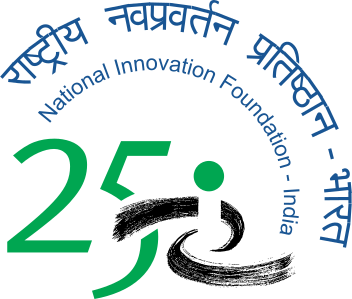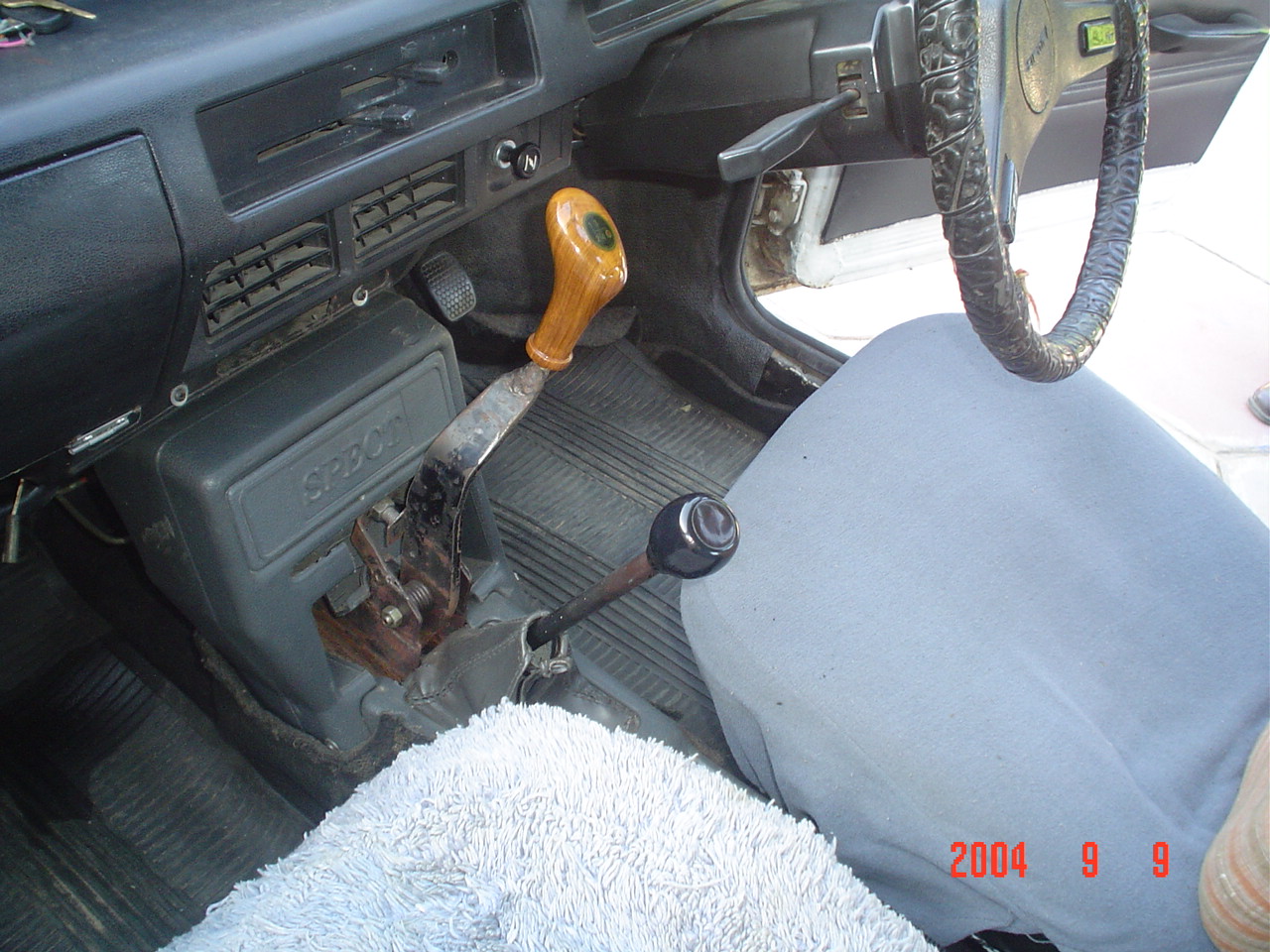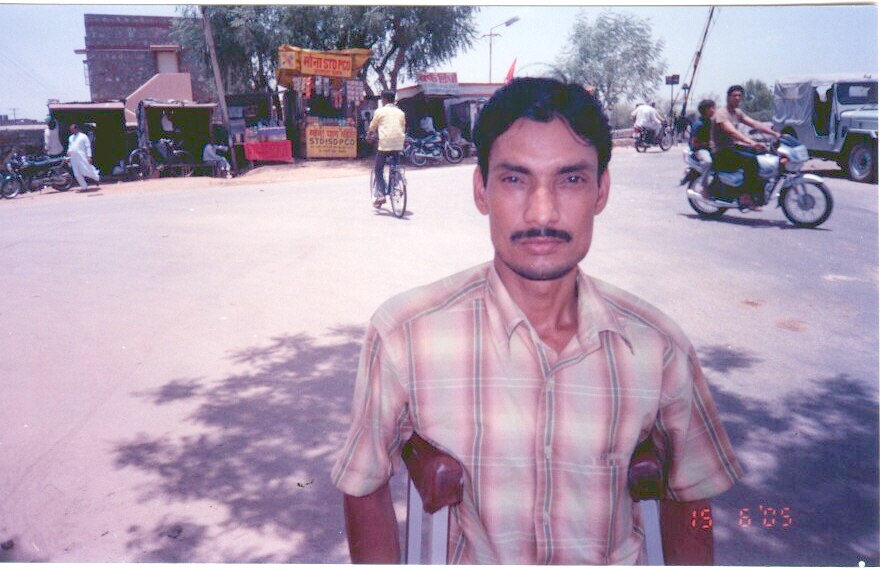Retrofitted car for physically challenged Transport
Being a handicap himself, innovator was not able to drive four wheelers. He was deeply moved by the problems faced by physically challenged people when it comes to mobility. There were no alternatives available which could enable a handicap person to drive a four-wheeler and few car companies providing retrofitting in cars for physically challenged are costly and difficult to operate. Innovator thus developed a retrofitting, which makes driving very easier for physically challenged persons without disturbing the original features of the car.
Innovators designed custom made retrofitting in cars for disabled people, which involve modifications in the brake, accelerator, and clutch arrangement for operation by hand. Comfort, simplicity and ease of operations are other features embedded in the controls to suit the driving needs of the handicap persons.
Innovators modified the driving actions so that the controls are transferred to hand by use of leverage, wires and linkage mechanism. Brake pedal is activated either by mechanical arrangement made of linkage or using an additional hydraulic cylinder arrangement. Using the push-pull type switch, installed in the dashboard, the acceleration is activated through wire connecting it to the engine. The clutch wire is connected to a semicircular hand steering element, which is connected through the steering assembly to the clutch plate to operate the clutch. Currently, the design is adopted for Scorpio and Maruti, and has to be standardized for any other vehicle.
Background
Mujib Khan, born in January 1974, is an automobile mechanic from Jaipur. Being handicapped himself, he understood the problems a disabled person faces, when it comes to mobility and has developed a technique to retrofit any car with attachments, making it disable friendly.Presently, he lives with his wife, and four children. He had an attack of polio at the age of two years. Since no one could diagnose it then, proper attention could not be given, the condition deteriorated, and after a bout of fever, his lower limbs became dysfunctional. Then he was taken to a doctor, who diagnosed it as polio. After starting medication, which continued for years, his physical condition improved slightly. Presently, his left leg is functional and the right one works above the knee, while his hands work normally. Due to his disability, he had great difficulties in going to school; first, he tried studying at home, then later when he was in class fifth, he took the help of his brother who carried him to school on his back. Afterwards as he grew a bit older and stronger he started going to school on crutches and later, both the brothers started using a moped for traveling.
Though physically limited by his condition, he was not a man to sit at home and rue his fate. In the 1990s, he started his business of making bedsheets on order and selling them to exporters. As the export market became dull, and objections rose over use of certain dyes in the material, he had to change his line of work. With his keen interest in mechanical things, he then started a scooter and motorcycle-repairing workshop at Jagatpura crossing in the city, few kilometers away from his village. In this small 5' by 5' workspace, he did all types of work on two wheelers including repairing, tinkering and painting.In spite of his handicap, after a lot of trial and error, he developed the hand-operated car and showed the way to be independent. This made Mujib a hero of sorts and a role model for the youngsters in his area. All the people in the locality, especially the kids, take pride in the fact that he lives there.
Though people made fun of him earlier, now they see him for what he is-the beacon of innovation who changed his life and that of others.On the road, people and traffic police officers get into a state of disbelief to see Mujib, stop and get out of his car on crutches. Difficult for them to imagine a man with impaired limbs, drive on the main highway! Mujib has this take on life, "Viklang aadmi bhi kisi se kam nahi hai wo bhi sab kuch kar sakta hai"1.He feels through his work, he wanted to prove this to everyone and show the way to others like him so that they can believe in themselves and start living with self-respect. This, he feels will make them less dependent on others, give them confidence and help gain social respect.
Genesis
Indian Patent Applied For (No. 401/DEL/2007)
-
- Brake pedal is activated either by mechanical arrangement made of linkage or using an additional hydraulic cylinder arrangement.
- Using the push-pull type switch, installed in the dashboard, the acceleration gets activated through wire connecting it to the engine.
- The clutch wire is connected to a semicircular hand steering element, which is connected through the steering assembly to the clutch plate to operate the clutch.
- A retrofitting in the four-wheeler to make it suitable for use by physically challenged people.
- It is adjustable to specific needs of physically disabled person depending upon the extent of disability.
- The conversion cost is affordable and much lower than of standardized ones.
- The original features of the car remain intact.
- Easy to operate and maintain.








